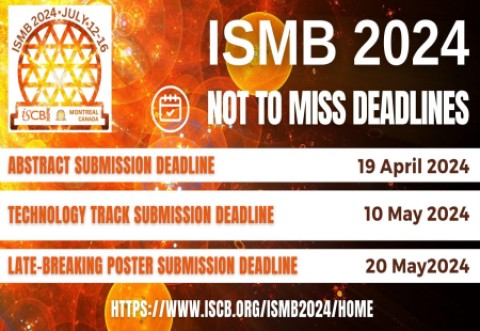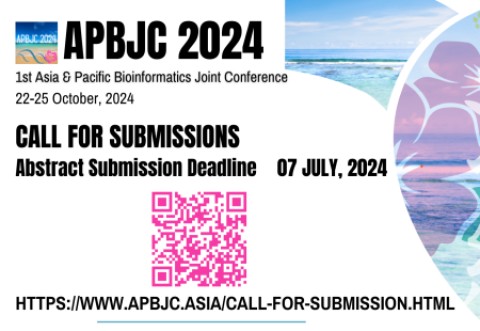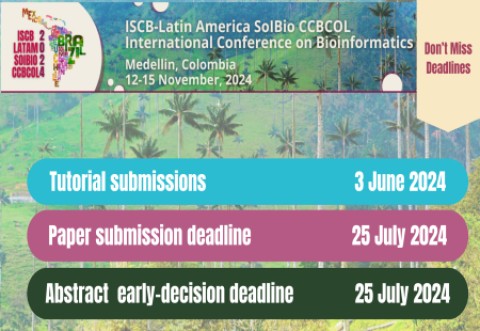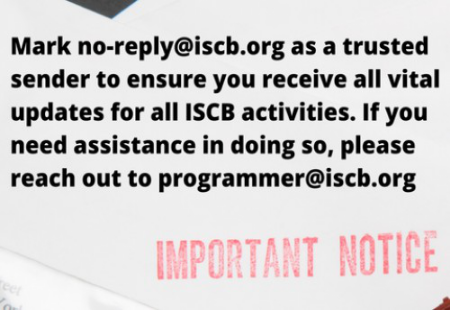
FASEB News - May 7, 2009
Federation of American Societies for Experimental BiologyOffice of Public Affairs • 9650 Rockville Pike, Bethesda, Md. 20814-3998 • http://opa.faseb.org/
Contact: Howard Garrison, PhD
(301) 634-7650
This email address is being protected from spambots. You need JavaScript enabled to view it.
FASEB STATEMENT ON PRESIDENT’S FY 2010 BUDGET FOR BIOMEDICAL RESEARCH
Bethesda, MD – "We would like to have seen the strong support for medical research expressed by President Obama matched by sizable funding increases for the National Institutes of Health (NIH) in his FY 2010 budget, although we remain optimistic about the future," stated Richard Marchase, Ph.D., President of the Federation of American Societies for Experimental Biology (FASEB). "While we appreciate that NIH received an incremental increase at a time when federal programs are facing cuts, and while the scientific community is immensely grateful for the investment in medical research that Congress and the President made through the Recovery Act, the budget still raises serious concerns about the sustainability of the biomedical research enterprise. We need to ensure that jobs and innovations are maintained past FY 2011; it would be frustrating to lose ground when the scientific potential is so great and new medical breakthroughs may be so close. However, we were gratified that HHS Secretary Sebelius acknowledged this very issue during the budget release today, stating that the Department will ‘begin working on what happens in 2011 and 2012.’”
FASEB has recommended that NIH receive a 7 percent increase in FY 2010 as an important step towards consistent, predictable funding for basic research. "We were hoping the budget would reflect the President's commitment to provide hope for those suffering from cancer, Alzheimer's, and other devastating diseases," added Marchase. "Just last week, at the National Academies, the President was citing swine flu as an example of why we can't let our medical and scientific community fall behind the rest of the world. We strongly support the President in this conviction and believe NIH is critical in meeting the Administration's priorities."
According to Marchase, FASEB applauds President Obama for his proposed increases for the National Science Foundation and other science programs, such as the Medical and Prosthetics Research program at the Department of Veterans Affairs. "We are pleased with the President's commitment to renew our national investment in science and innovation. This is a significant step forward in his plan to increase the U.S. investment in R&D to 3 percent of gross domestic product."
"FASEB looks forward to continuing to work with the Administration and our champions in Congress, and we plan to engage the nation's scientists at the grassroots level to reach our goal of sustainable funding for science," Marchase said. "As the President himself said last week, science is 'more essential for our prosperity, our security, our health, and our environment than it has ever been.'"
FASEB is composed of 22 societies with more than 90,000 members, making it the largest coalition of biomedical research associations in the United States. FASEB enhances the ability of biomedical and life scientists to improve—through their research—the health, well-being and productivity of all people. Our mission is to advance health and welfare by promoting progress and education in biological and biomedical sciences through service to our member societies and collaborative advocacy.






























